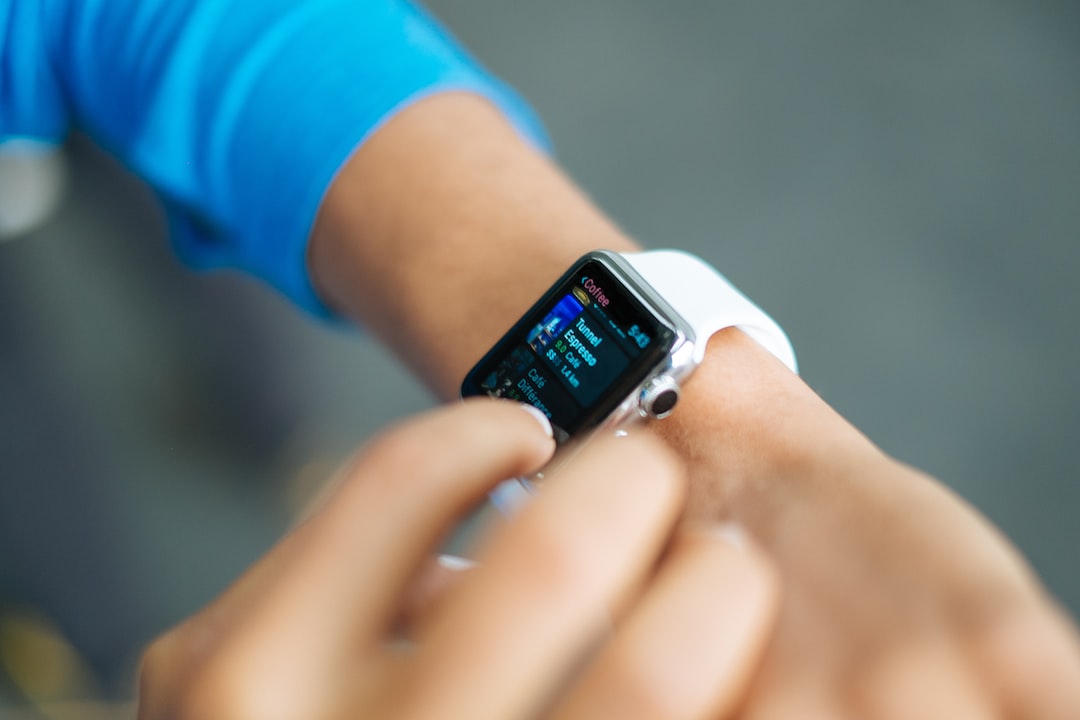The Impact of Social Media on Society: Pros and Cons
Social media has undeniably transformed the way we communicate and connect with others. With just a few clicks and taps, we can instantly share thoughts, ideas, and memories with friends and family, as well as reach out to people we have never met before. While there are many benefits to social media, such as increased connectivity and the ability to raise awareness about important issues, there are also drawbacks that society must grapple with. In this blog post, we will explore both the pros and cons of social media and its impact on society.
First, let’s consider the pros. Social media platforms provide a powerful tool for individuals to express themselves and find their voice. With the ability to share opinions, experiences, and information, people can connect with like-minded individuals and find support and understanding in online communities. This has led to the rise of various social justice movements, where people can use social media to rally for change and make a meaningful impact on society. Platforms like Twitter and Facebook have been instrumental in raising awareness about issues such as climate change, racial inequality, and mental health.
Moreover, social media has also revolutionized the way businesses and brands engage with their customers. With the rise of influencer marketing and online advertisements, companies can reach a wider audience and tailor their marketing strategies to individual preferences. This improved targeting has led to more accurate and successful advertising campaigns, resulting in increased sales and brand recognition. Social media has become a vital tool for both large corporations and small businesses to connect with their customers and build relationships that were not possible before.
Additionally, social media has given a platform for education and learning. Platforms like YouTube and Instagram provide a space for experts and enthusiasts to share their knowledge in various fields, from DIY projects to academic research. These platforms democratize education, making it accessible to a wider audience, irrespective of their socioeconomic background. Furthermore, social media allows students to connect with peers and educators, facilitating collaboration and enhancing the learning experience.
However, with the pros come some cons. The constant exposure to social media can have detrimental effects on mental health. Studies have shown a link between social media usage and increased levels of anxiety, depression, and low self-esteem. The culture of comparison on these platforms can make individuals feel inadequate or left out, leading to feelings of loneliness and isolation. Additionally, the constant bombardment of information and notifications can lead to a decrease in productivity, as people struggle to focus on tasks at hand.
Another concern is the spread of misinformation and fake news. With the rise of social media, anyone can become a content creator, sharing information without fact-checking or verifying sources. This has led to the rapid spread of inaccurate and misleading information, which can have serious consequences, particularly in times of crisis or during elections. Social media platforms have implemented measures to combat this issue, but the challenge still remains.
Furthermore, the addictive nature of social media poses a problem. Many individuals find themselves spending excessive amounts of time scrolling through feeds, often neglecting real-life interactions and activities. This addiction can affect personal relationships, work-life balance, and overall well-being. It is crucial for individuals to be aware of their social media usage and establish healthy boundaries to ensure a balanced lifestyle.
In conclusion, social media has had a profound impact on society. It has connected individuals from different corners of the world, allowed for the sharing of information and ideas, and empowered individuals to make a difference. However, it is important to acknowledge the potential drawbacks, such as negative effects on mental health, the spread of misinformation, and addiction. Ultimately, it is up to individuals, as well as society as a whole, to navigate the pros and cons of social media and harness its power responsibly for the betterment of society.

